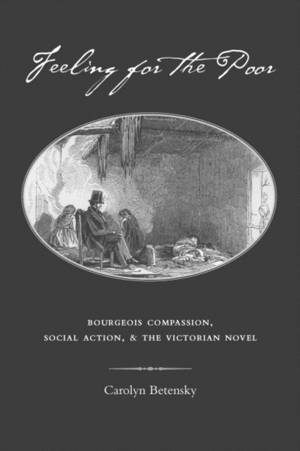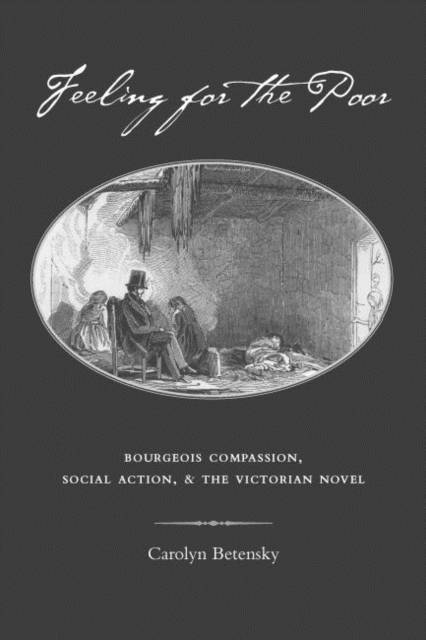
- Retrait gratuit dans votre magasin Club
- 7.000.000 titres dans notre catalogue
- Payer en toute sécurité
- Toujours un magasin près de chez vous
- Retrait gratuit dans votre magasin Club
- 7.000.0000 titres dans notre catalogue
- Payer en toute sécurité
- Toujours un magasin près de chez vous
Description
What if the political work of Victorian social-problem novels was precisely to make the reader feel as if reading them--in and of itself--mattered? Surveying novels by Charles Dickens, Frances Trollope, Benjamin Disraeli, Elizabeth Gaskell, George Eliot, and Henry James, Carolyn Betensky tracks the promotion of bourgeois feeling as a response to the suffering of the poor and working classes. Victorian social-problem novels, she argues, volunteered the experience of their own reading as a viable response to conflicts that seemed daunting or irreconcilable. Encoded at multiple levels within the novels themselves, reading became something to do about the pain of others.
Beyond representations of conscious or unconscious wishes to control, conquer, or discipline the industrial poor, social-problem novels offered their middle-class readers the opportunity to experience themselves in the position of both benefactor and beneficiary. Betensky argues that these narratives were not only about middle-class fear of or sympathy for the working classes. They gave voice, just as importantly, to a middle-class desire for and even envy of the experience of the dominated classes. In their representations of poor and working-class characters, social-problem novels offered middle-class subjects an expanded range of emotional experience that included a claim to sympathy on their own behalf.
Spécifications
Parties prenantes
- Auteur(s) :
- Editeur:
Contenu
- Nombre de pages :
- 240
- Langue:
- Anglais
- Collection :
Caractéristiques
- EAN:
- 9780813930619
- Date de parution :
- 24-09-10
- Format:
- Livre relié
- Format numérique:
- Genaaid
- Dimensions :
- 152 mm x 229 mm
- Poids :
- 498 g

Les avis
Nous publions uniquement les avis qui respectent les conditions requises. Consultez nos conditions pour les avis.






